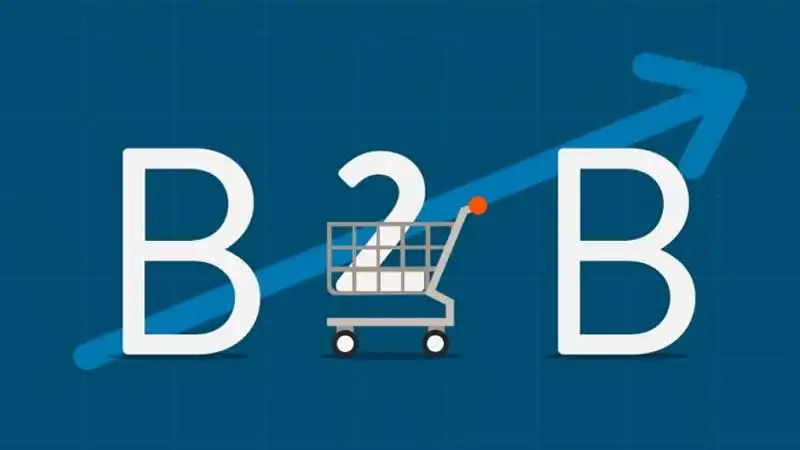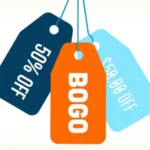If you thought online shopping was just for snagging the latest fashion trends or gadgets, think again. The digital revolution is transforming how businesses shop too, thanks to the rapid rise of B2B e-commerce.
What is B2B E-commerce?
B2B, or business-to-business, e-commerce is simply the online buying and selling of goods and services between companies. Instead of traditional methods like phone calls, faxes, or in-person meetings, businesses are now turning to online platforms to streamline their purchasing processes. It’s like Amazon, but for businesses instead of individual consumers.
Why Are Businesses Going Digital?
The shift towards B2B e-commerce is driven by several factors:
- Efficiency: Online platforms offer a centralized hub for businesses to browse products, compare prices, and place orders with just a few clicks. This eliminates the need for time-consuming manual processes, freeing up valuable resources.
- Cost Savings: B2B e-commerce often leads to significant cost reductions. By automating processes and eliminating intermediaries, businesses can negotiate better deals and reduce overhead costs.
- Improved Supply Chain Management: Online platforms provide real-time visibility into inventory levels, order status, and shipping information. This transparency helps businesses better manage their supply chains, reduce delays, and avoid stockouts.
- Expanded Reach: B2B e-commerce opens up a world of possibilities for businesses. They can connect with suppliers and customers from all over the globe, expanding their reach and tapping into new markets.
- Enhanced Customer Experience: Online platforms offer a user-friendly interface, personalized recommendations, and convenient self-service tools. This enhances the overall customer experience, fostering stronger relationships between businesses.
How B2B E-commerce is Changing the Game
B2B e-commerce is revolutionizing various industries, from manufacturing and healthcare to retail and hospitality. Here are a few examples of how businesses are benefiting:
- Manufacturers: Online platforms allow manufacturers to easily showcase their products, connect with potential buyers, and streamline their sales processes.
- Wholesalers: Wholesalers can use e-commerce to manage their inventory, process orders more efficiently, and offer personalized pricing to their customers.
- Retailers: Online platforms enable retailers to source products from a wider range of suppliers, negotiate better deals, and track their inventory levels in real time.
- Service Providers: Even service-based businesses are leveraging B2B e-commerce to sell their services online, reach new clients, and automate their invoicing and payment processes.
The Future of B2B E-commerce
B2B e-commerce is still in its early stages, but it’s poised for exponential growth in the coming years. As technology continues to advance, we can expect to see even more innovative features and functionalities that will further streamline business transactions and enhance the overall shopping experience.
If you’re a business owner, it’s time to embrace the digital revolution and explore the possibilities of B2B e-commerce. It could be the key to unlocking new growth opportunities, improving efficiency, and staying ahead of the competition.



